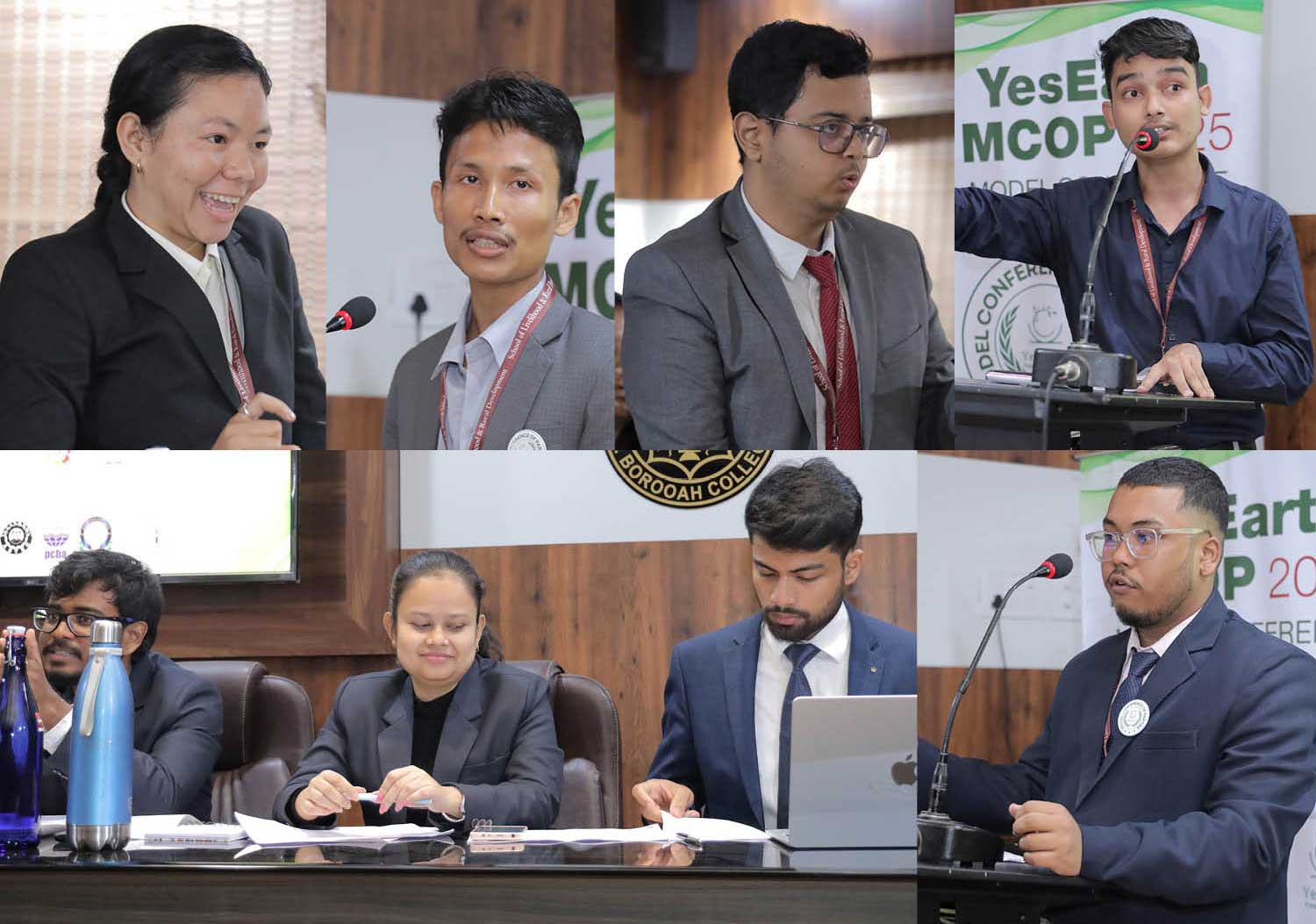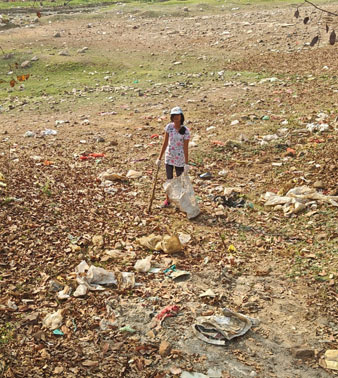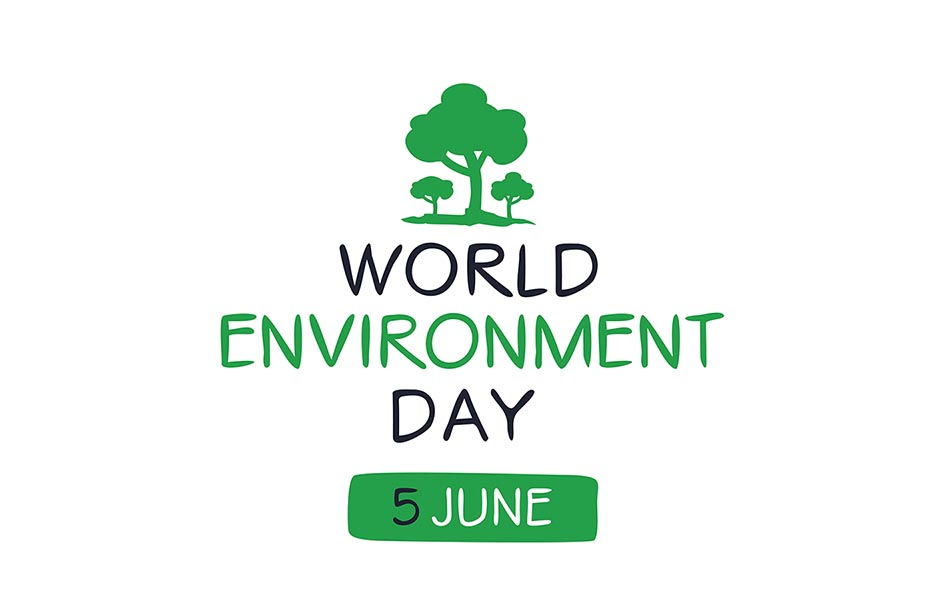Tackling Climate Change: A Global Imperative on World Environment Day
By Abhijit Sharma, CEO, YesEarth Eco Consulting
World Environment Day, celebrated annually on June 5th, serves as a poignant reminder of the critical environmental challenges we face. One of the most pressing issues is climate change, a global crisis that demands immediate attention. North East India is one of the most vulnerable regions with the onset of accelerated climate change.
Climate change refers to long-term alterations in weather patterns, primarily caused by human activities such as burning fossil fuels, deforestation, unscientific mining activities and industrial processes. Its consequences are vast and multi-faceted, affecting ecosystems, human health, economies, and the overall stability of our planet.
Rising global temperatures have led to the melting of polar ice caps and glaciers, resulting in sea-level rise. Coastal communities are now at risk of inundation, and low-lying islands face the threat of disappearing entirely. Extreme weather events, including hurricanes, droughts, and heatwaves, have become more frequent and intense, causing widespread devastation and loss of life.
Climate change is a major driver of biodiversity loss. Ecosystems around the world are struggling to adapt to rapid shifts in temperature and precipitation. This disruption affects the distribution of plant and animal species, leading to habitat loss and increased extinction rates. The loss of biodiversity not only diminishes the beauty of our planet but also compromises essential ecosystem services, such as pollination, water purification, and carbon sequestration.
Climate change poses significant risks to human health, with heat-related illnesses, respiratory problems, and the spread of vector-borne diseases on the rise. Agricultural systems are also under threat, as changing climatic conditions affect crop yields and food security. Additionally, the economic toll of climate change is substantial, impacting industries, infrastructure, and livelihoods, particularly in vulnerable regions.
Addressing climate change needs urgent action at all levels, from individuals to governments and international collaborations. The United Nations’ Paris Agreement, signed in 2015, aims to limit global warming to well below 2 degrees Celsius above pre-industrial levels and pursue efforts to limit the temperature increase to 1.5 degrees Celsius. Achieving these targets necessitates aggressive emission reductions, transitioning to renewable energy sources, and implementing sustainable practices.
While governments and organizations play a crucial role, individuals can contribute to the fight against climate change. Simple lifestyle changes such as reducing energy consumption, recycling, adopting sustainable transportation options, and supporting eco-friendly initiatives make a difference. Raising awareness about climate change within our communities and demanding stronger environmental policies also amplifies the collective impact.
This World Environment Day, it is imperative to recognize that climate change poses a grave threat to our planet and future generations. The need for immediate action cannot be overstated. By understanding the consequences, promoting sustainable practices, and demanding change, we can mitigate the impacts of climate change and strive towards a more resilient and sustainable world. Let us stand together, united in our commitment to safeguarding the environment, for the benefit of all living beings.











